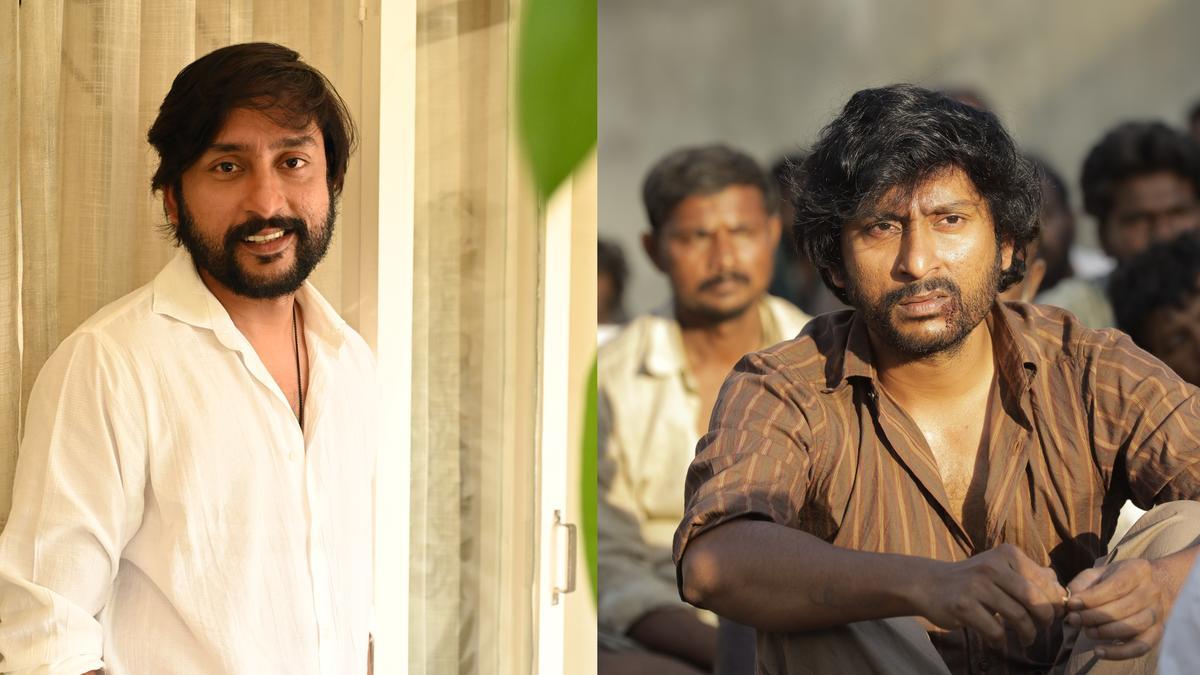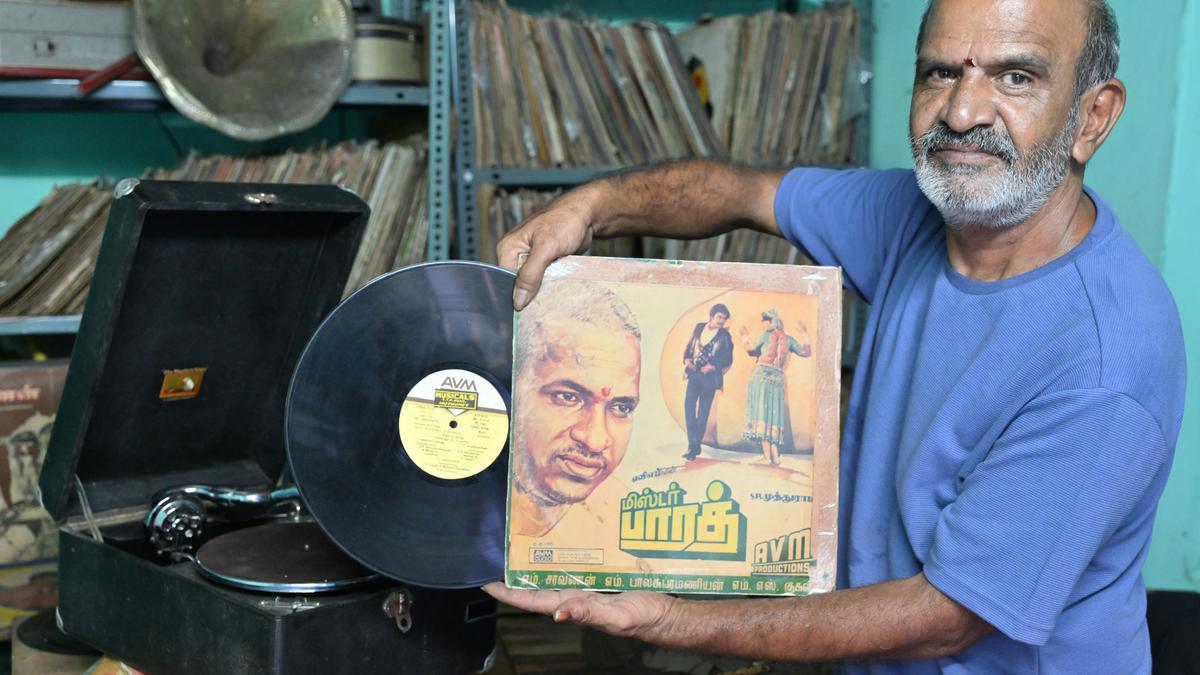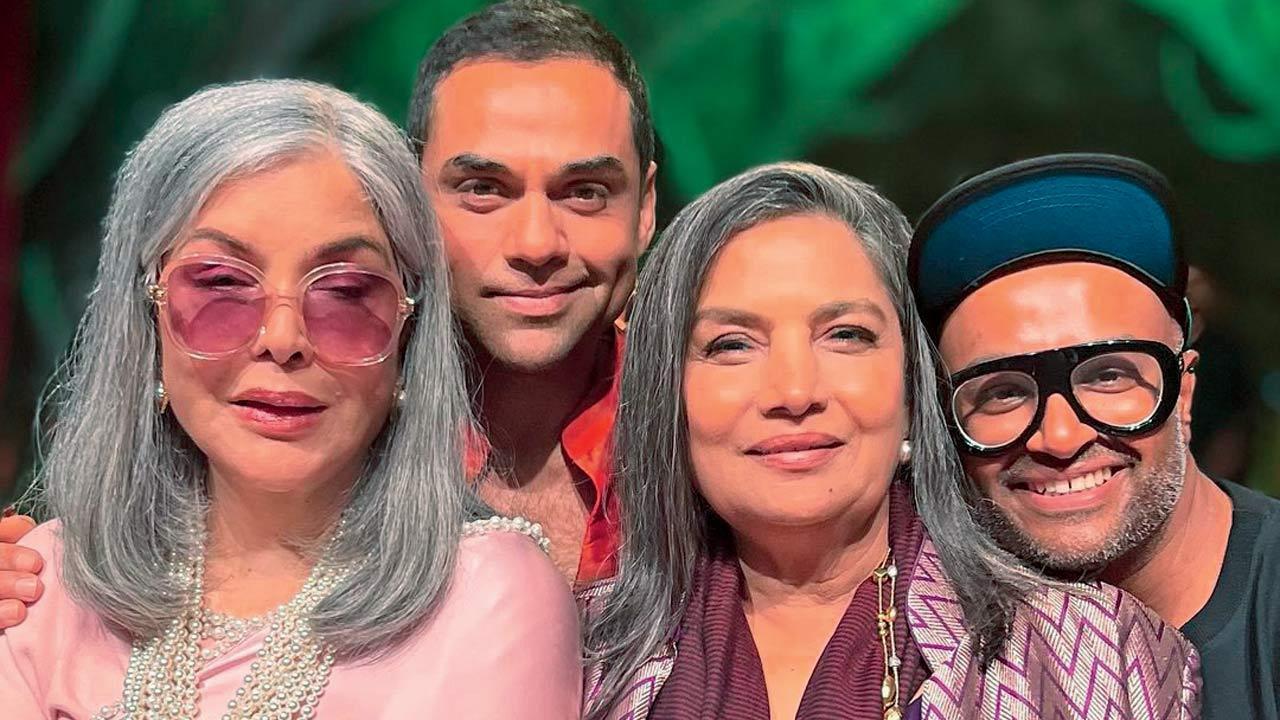
In the glamorous world of South Indian cinema, milestones are often celebrated with great enthusiasm, marking the achievements of its larger-than-life stars. Rajinikanth, the iconic actor known for his magnetic screen presence, chose to step aside from his usual flamboyant roles to commemorate his 100th film with “Sri Raghavendrar,” a project fueled by his passion rather than the box-office formula.
Kamal Haasan, another titan of Tamil cinema, also reached his centennial film with “Raaja Paarvai.” Despite garnering critical adulation, the movie did not resonate with the masses in the way box office hits typically do. But it was Vijayakant who truly made the 100th-film landmark count with his 1991 powerhouse blockbuster, “Captain Prabhakaran,” celebrated with much fanfare upon its release.
Directed by the savvy RK Selvamani, “Captain Prabhakaran” showcased Vijayakant in the role of a committed IFS officer, a character which resonated deeply with his audience. Alongside him, Mansoor Ali Khan captivated viewers with his portrayal of Veerabhadran, a role reputedly inspired by the infamous sandalwood bandit, Veerappan. A review by ‘The Hindu’ dated April 26, 1991, commended Vijayakanth for his compelling performance, particularly praising the film’s action sequences, which included enthralling fights atop a speeding train and horse riding stunts evocative of “Sholay.”
“Captain Prabhakaran” did more than just enthrall audiences; it became intrinsically linked with the actor himself, elevating the film’s mere title to a lifelong sobriquet for Vijayakant. The moniker ‘Captain’ was soon cemented as his identity, reflecting his leadership both onscreen and off. His involvement in the Tamil film industry was not limited to acting. As the leader of the influential Nadigar Sangam, he played a pivotal role in the community, guiding and promoting many industry newcomers, including the comedic talents of Vadivelu and leading man Vijay, during their early careers.
The term ‘Captain’ was widely embraced and celebrated within the Tamil cultural panorama. It found its way into various films, including a notable scene in “Chellamae,” where the late comedian Vivekh and actress Mumtaz affectionately address Vijayakant by that title. The appellation did stir some controversy, however, when in 2014, an ex-serviceman petitioned in the Madras High Court against the use of the military rank as an actor’s title. Despite the legal challenge, the name remained synonymous with Vijayakant, a testament to his indelible impact on the film industry and his fans.
Underlining his legacy, Vijayakant launched ‘Captain TV’, a Tamil television channel, extending his influence into broadcasting. He thus distinguished himself among his contemporaries, sharing a collective space with Rajinikanth, referred to as ‘Superstar’, and Kamal Haasan, known as ‘Ulaga Nayagan’ (World Hero). In the hearts of millions, Vijayakant’s heroic film persona and real-life leadership earned him a unique and enduring place as the beloved ‘Captain’. His legacy continues to inspire Tamil cinema and its aficionados, securing his status as a pillar of the South Indian film fraternity.










